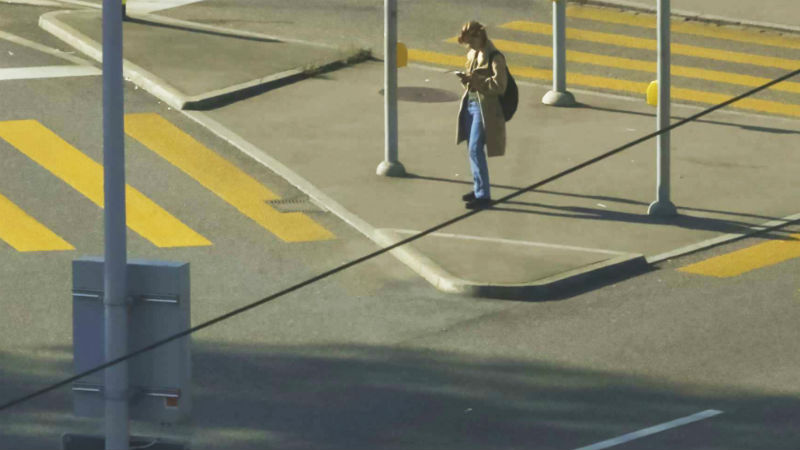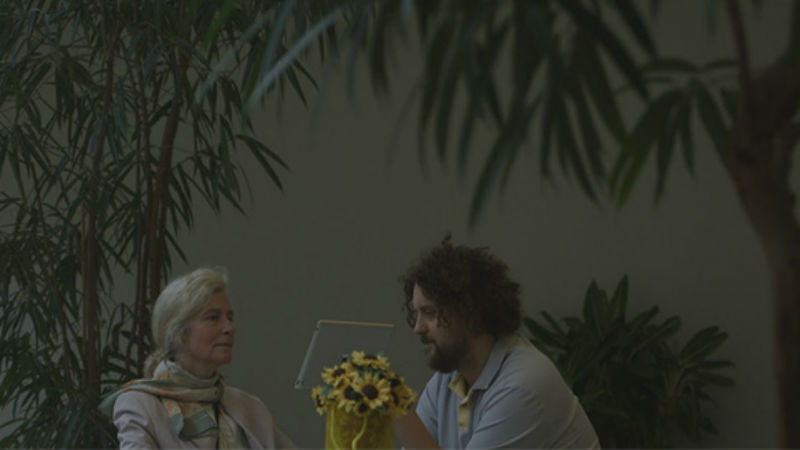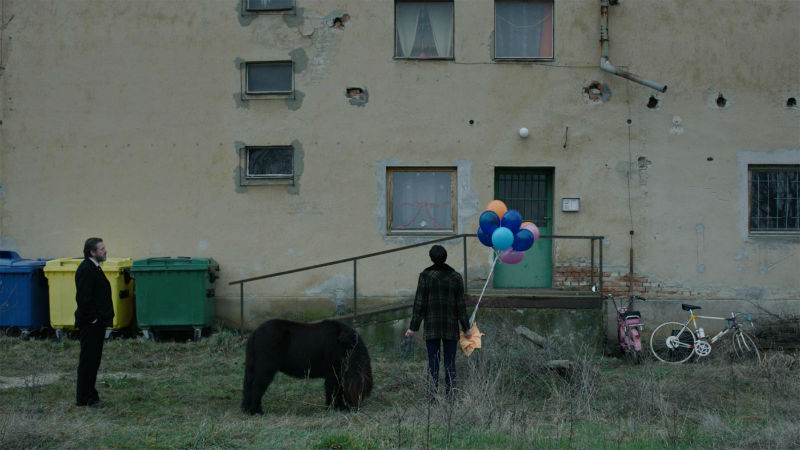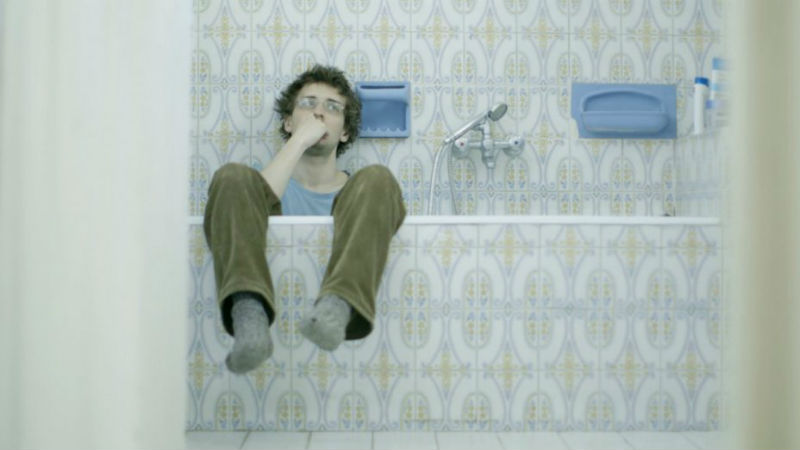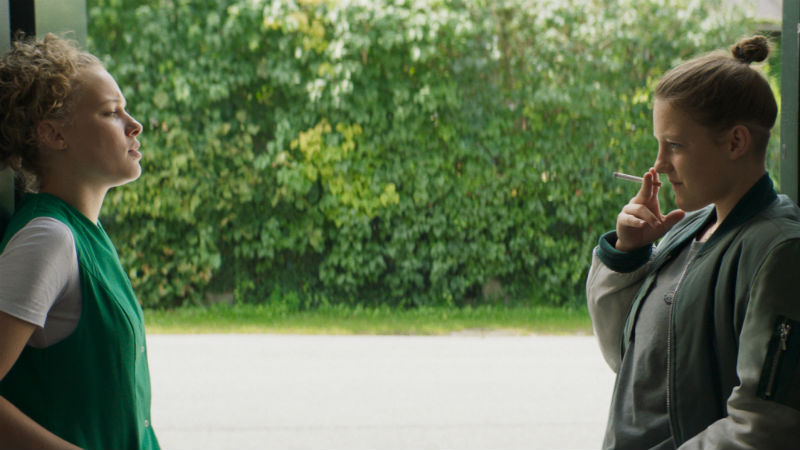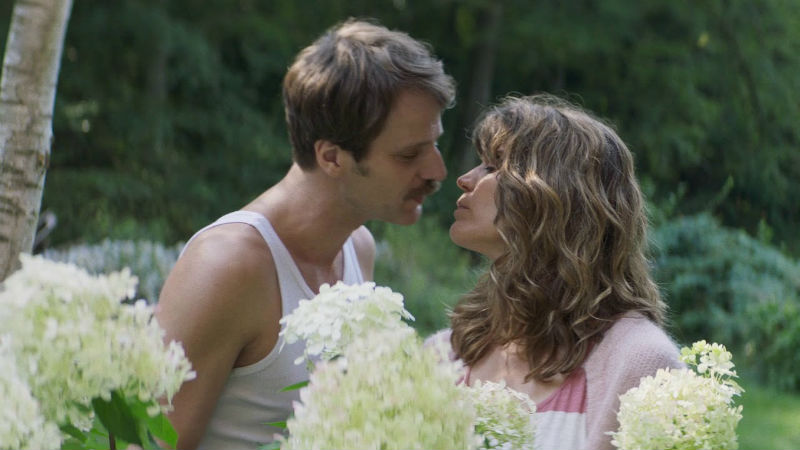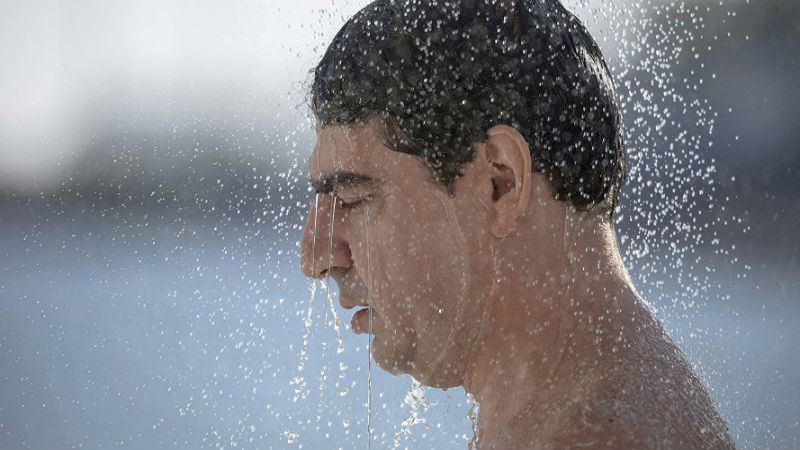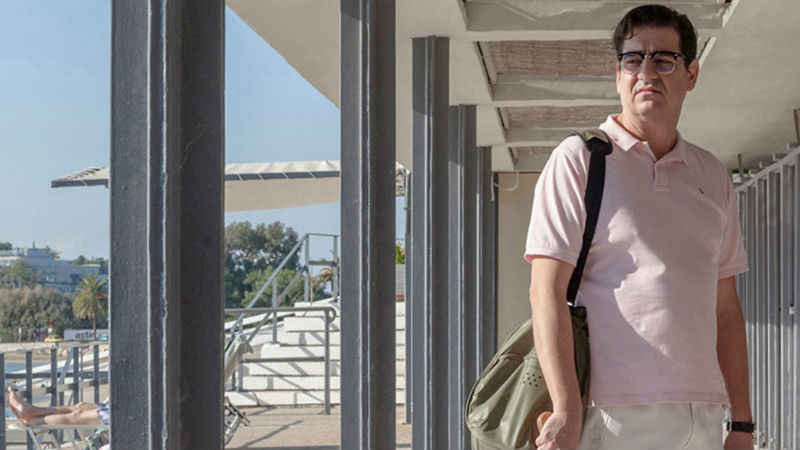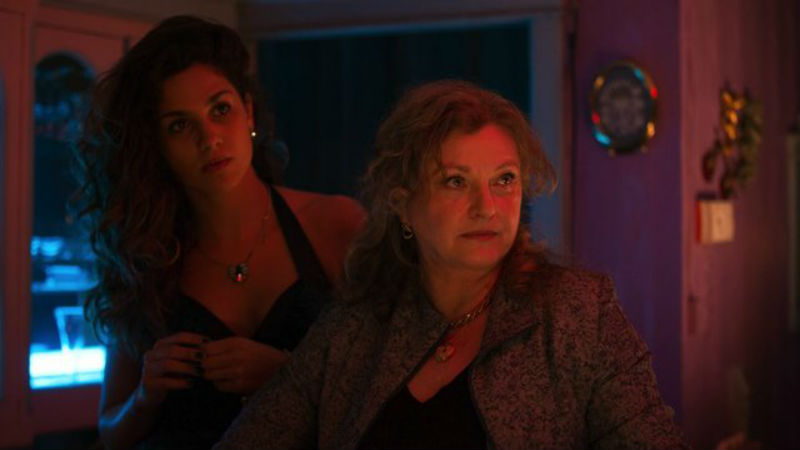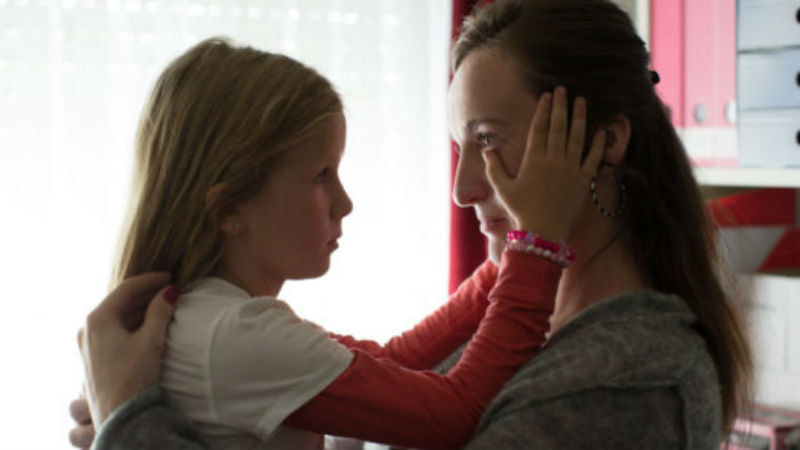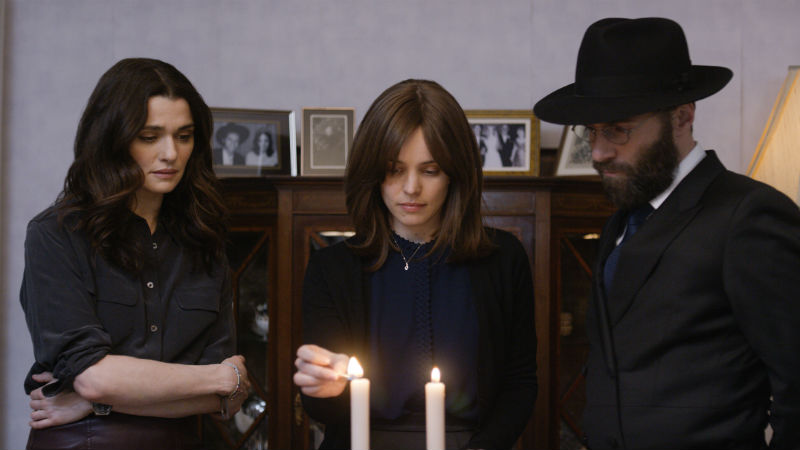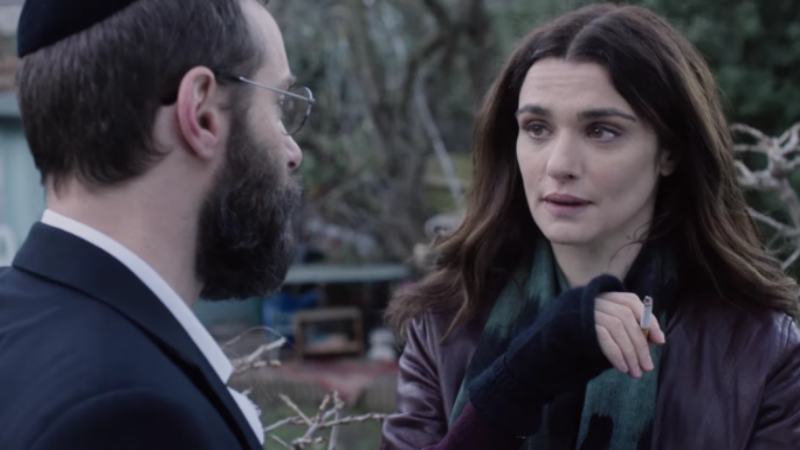We are delight to announce that the third edition of the ArteKino Festival will take place throughout the month of December, from the very first day until the end of the year. This means more time to enjoy 10 films for free online (eight in the UK).
Just like in the past two years, each title has been carefully selected from the most prestigious festivals to ensure you get a taste of Europe’s exciting cinema. This year, however, ArteKino Festival has improved the accessibility of its titles by making films available in 10 languages. Audiences will have the ability to watch this year’s selection with subtitles in ARTE’s official languages (French, German, English, Italian, Spanish and Polish), and in Ukrainian, Romanian, Hungarian and Portuguese.
This year, the selection includes five films made by women directors. This represents a snapshot of the diverse and eclectic nature of contemporary European cinema. Viewers from 45 European countries will be able to explore a rich selection of films by established directors and also nascent filmmakers, along with outstanding performances by a new generation of on-screen talent.
Online viewers will vote to determine the winner of the ArteKino Audience Award. The award gives a shared prize of €30,000 to the filmmakers and the sales agent of the winning film. Voters will also be entered into a contest where they can win a trip to the 2019 edition of the Locarno Festival in Switzerland.
ArteKino is supported of the Creative Europe MEDIA Programme of the European Union. Below is a list of the qo films (click on the title in order to accede to our dirty review, where available).
…
.
1. 24 Weeks (Anne Zohra Berrached, 2016):
German film investigates the difficult decision that a woman has to be between having a dirty abortion and a “disgusting” severely sick and disabled child.
.
2. Mug (Malgorzala Szumowska, 2018):
NOT AVAILABLE IN THE UK, BUT IT’S OUT IN CINEMAS ON DECEMBER 7th
Polish film about face transplant and a giant Jesus statue combines elements of drama and comedy.
.
3. Flemish Heaven (Peter Monsaert, 2018):
Set in a brothel on the French-Belgian border, queasy tale asks difficult questions about parenthood and responsibility
.
4. Pity (Yannis Drakopoulos, 2018):
Greek man actively seeks attention and pity after his wife falls into a coma, in a quaint and twisted tale about out lack of time for each other.
.
5. L’Animale (Katharina Mueckstein, 2018):
Small town in Austria is riddled with repressed sexuality and confused sentiments, but there’s also a beam of hope for the silent hearts.
.
6. For Some Inexplicable Reason (Gabor Reisz, 2015):
Hungarian film reminiscent of Michel Gondry deals with the existential realities of youth, and it’s also infused with political flavours and a heartfelt tribute to Budapest.
.
7. Those Who Are Fine (Cyril Schaublin, 2017):
Call centre worker Alice begins scamming elderly women, and the interwoven consequences of her deeds could be serious.
.
8. Crater (Luca Bellino and Silvia Luzzi, 2017)
Rosario works as a street seller on the fairgrounds of the suburbs of Naples. His dream to escape poverty latches onto the musical talent of his daughter Sharon.
.
9. Pin Cushion (Deborah Haywood, 2017):
NOT AVAILABLE IN THE UK
Super close Mother Lyn and daughter Iona are excited for their new life in a new town.
.
10. Flesh Memory (Jack Goldberg, 2018)
Finley Blake is a cam girl: she does sexual exhibition on Internet, in front of her webcam, for a living. She is 33 years old, lives alone in an isolated house in Austin, Texas.









